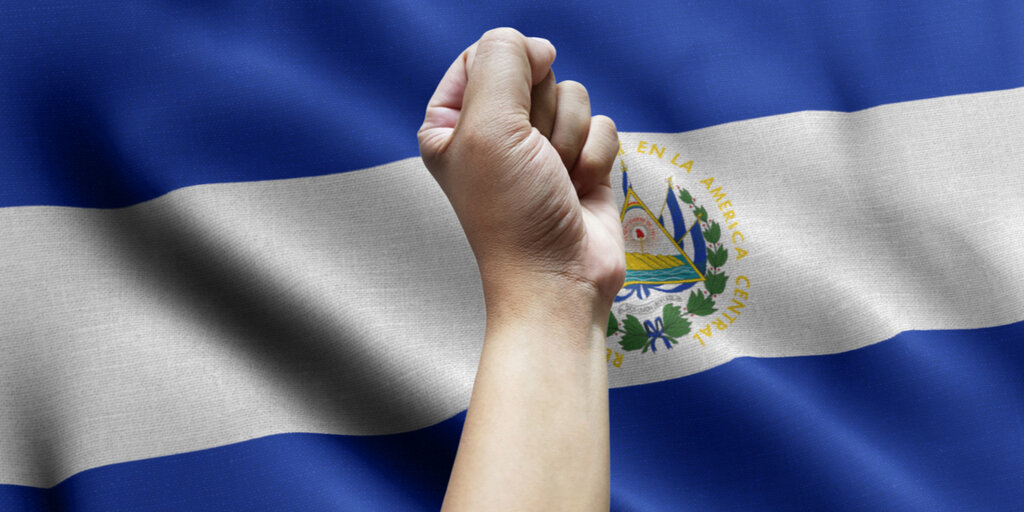The government of El Salvador has announced a visa program that will provide passports and green cards to foreigners who invest $1 million in Bitcoin or Tether in the small Central American country.
According to a government webpage, the ‘Freedom Visa’ program is for high net worth individuals or investors who wish to engage in ‘commitment to building the nation of the future’.
Salvadoran President Nayib Bukele also posted the announcement on X (formerly Twitter) on Thursday. The program is in partnership with Tether, the company that developed the stablecoin USDT.
The government website says: “El Salvador has been reborn as a land of economic freedom. But this is just the beginning. Help us build the future you want to see.”
El Salvador’s idea is what is known as the “golden visa” program. Countries around the world, including Spain, Portugal, and Ireland, offer visas to those with deep investments.
Stablecoin issuer Tether said Thursday the program will help establish El Salvador as a “dynamic global center for cutting-edge technology and financial innovation.”
The company’s USDT product is the most traded cryptocurrency and is pegged to the U.S. dollar, making it a widely used digital token by traders.
Tether has previously worked with the government of El Salvador. Tether helped turn Lugano, Switzerland, into a cryptocurrency hub and invested $1 billion in the country for a renewable energy Bitcoin mining plan.
The visa scheme invites 1,000 applicants per year to provide the country with a $1 million cryptocurrency donation that will be used for “economic development, cultural enrichment and social programs to achieve maximum economic development and rebirth.”
Applicants will then receive a passport and permanent residency card.
El Salvador created Bitcoin fiat currency in the country in 2021. Businesses have a legal obligation to accept cryptocurrencies if they have the technical means to do so.
The country’s president, Nayib Bukele, came up with the idea and used the country’s coffers to purchase virtual coins. His ideas were criticized by the U.S. government and economists. And when the BRC-20 token surged in popularity on the Bitcoin network in May, some people pointed out that Salvadorans would not be able to use the asset for everyday transactions.
However, Bukele said on social media earlier this week that the recent BTC rally has helped El Salvador’s holdings turn a profit. Even though Bitcoin adoption is a controversial idea, there is no doubt that Bukele is a popular leader. Salvadorans praise him for cleaning up a country previously riddled with crime and rampant murder.
But human rights groups have accused him of harshly cracking down on gangs, with Amnesty International this week calling “highly repressive security policies and a weakening of the rule of law”.
Edited by Stacey Elliott.

